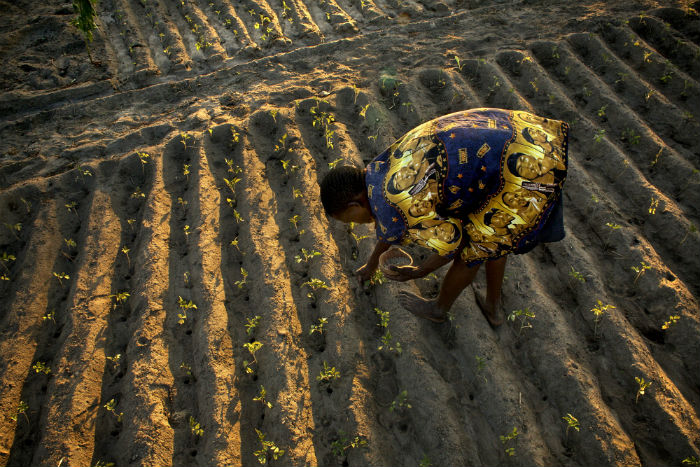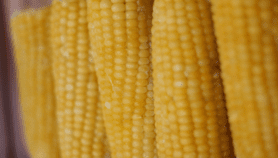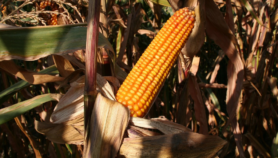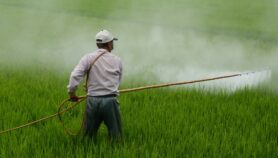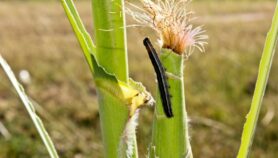By: Isaac Odhiambo and Sam Otieno
Send to a friend
The details you provide on this page will not be used to send unsolicited email, and will not be sold to a 3rd party. See privacy policy.
[NAIROBI] Adopting certified seed varieties with improved agronomic management practices could significantly transform Africa’s agricultural sector, says a farmer.
During a field trip last month (26 January) to assess the impact of certified seeds on crop yield, Margret Njagi, a smallholder farmer in Kenya’s Embu County, told SciDev.Net that using certified seeds could help eradicate poverty and hunger on the continent.
Njagi explains that for many years she has depended on recycled seeds and the output was not enough; from one hectare she would harvest three and two bags of maize and beans respectively annually.
“I am now harvesting ten bags and four bags of maize and beans respectively on the same piece of land.”
Margret Njagi, a smallholder farmer
“However, after implementing certified seeds, I am now harvesting ten bags and four bags of maize and beans respectively on the same piece of land,” she says.
Njagi adds that she is able to provide basic needs for her family by selling some of the produce and earning money that she can save.
Anastasia Mbatia, seed distribution specialist with Agri Experience in Kenya, says that there is a need to ensure the seed market in Africa is more resilient than before by using quality seed with desirable traits preferred by smallholder farmers to deal with current pressing challenges such as climate change related impacts. She explains that farmers need to adopt agriculture practices such as planting “climate smart” crops that are tolerant to their present ecological zone conditions and those that can grow either in high, middle or low altitudes.
Mbatia advises countries that mostly depend on maize as a staple food to change their dietary habits by introducing other crops such as sorghum, potatoes, beans and cow peas.
“When maize fails they will have something to put on their table hence definitely change the livelihood of people across Africa,” she says.
Farmers should prepare their farms and do everything on time to help control the problem of aflatoxin and also they should have enough storage for the produce to solve the issue of post-harvest loses, Mbatia notes, adding that ignorance and lack of knowledge contributes to low use of certified seeds.
Njeru Mwita, a crop officer at Kenya’s Ministry of Agriculture, appeals to African governments to build capacity of the agricultural extension agents to help farmers.
“Extension officers should be capable of instructing farmers on which type of crops to plant according to the type of soil and availability of rainfall, and also the best agronomic practices [such as use of fertilisers]”, he explains.But Mwita says the government need to strengthen seed policies by addressing the gaps in seed demand and combating the booming fake seed problem that is making farmers not to buy certified varieties.
This piece was produced by SciDev.Net’s Sub-Saharan Africa English desk.


